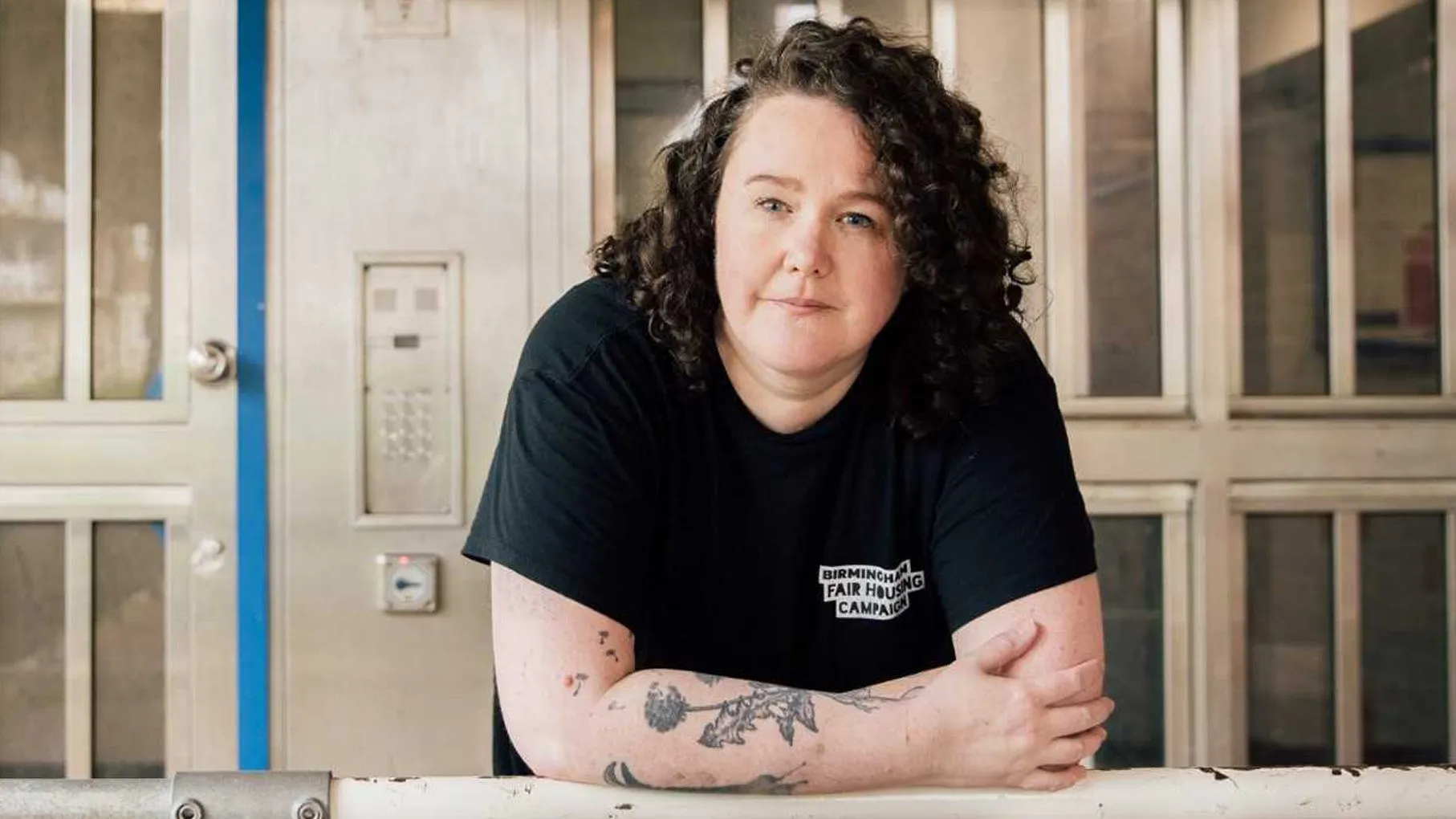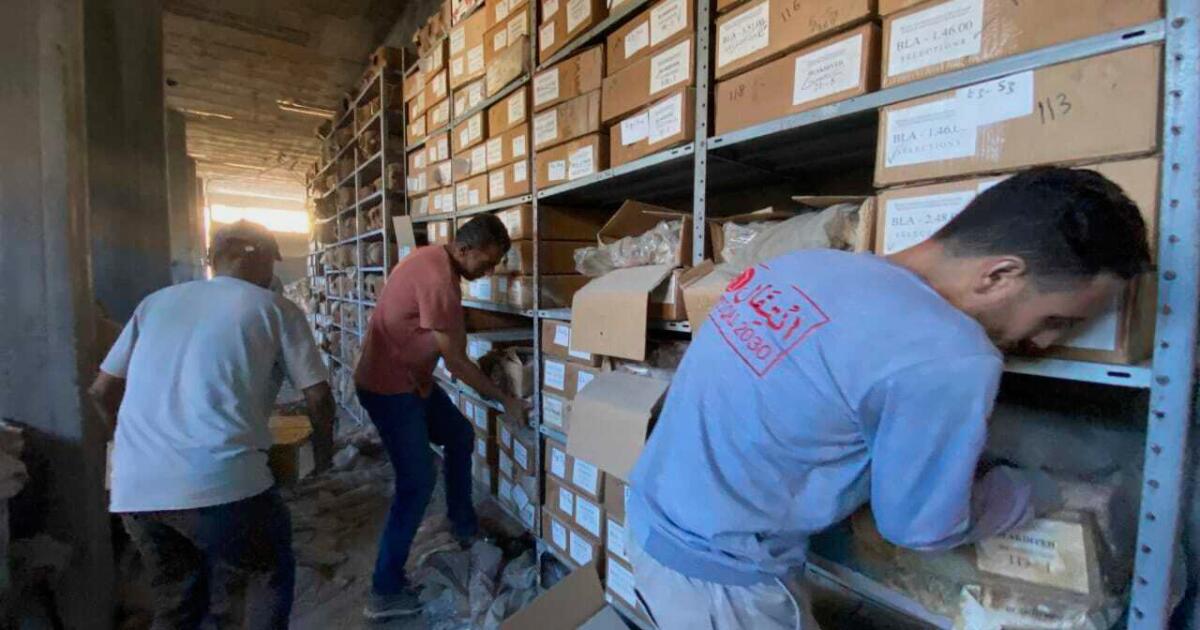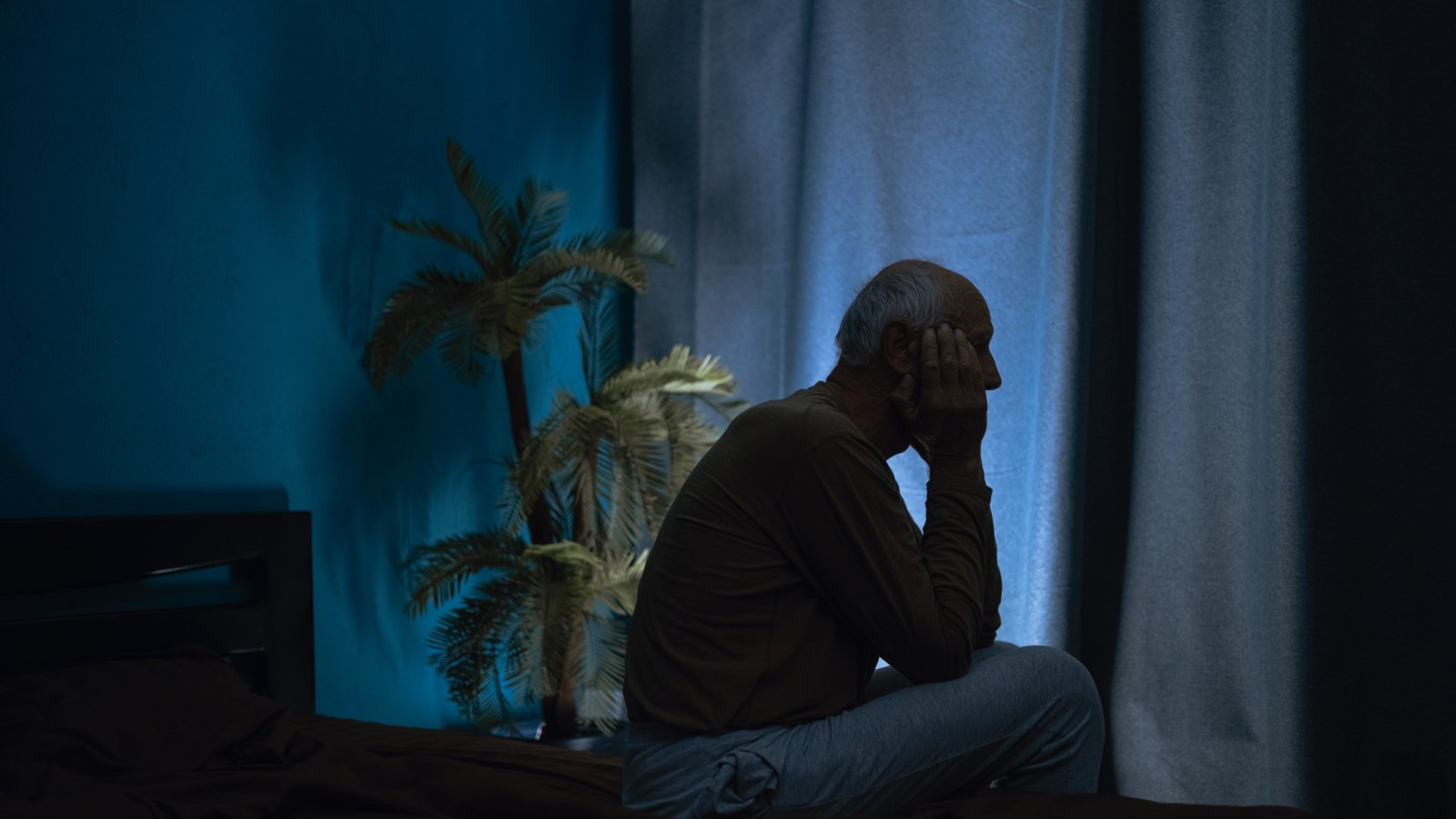By Craig Munro
Copyright metro

Clare Caudery described the dire conditions in the flat she shared with her two children in Sutton Coldfield (Picture: Supplied)
Just as Clare Caudery and her two children were facing the most serious situation yet in their private rental nightmare, their landlady announced she was taking a month-long holiday.
The electricity had cut out for two weeks. Water was pouring through the bathroom lights. Thick, black mould was growing behind the wardrobe in the kids’ bedroom. And Environmental Health had raised concerns about the lack of ventilation.
Each new issue was disregarded by the owner of the Sutton Coldfield flat, blamed on a lack of initiative from her tenant.
Clare’s children, both of whom are disabled, were struggling with the physical and mental toll of such a stressful existence.
The 45-year-old told Metro: ‘As a mum, you can’t help but feel like you want the best for your kids, don’t you?
‘Any parent wants their best for their kids, and you’re constantly just trying to find fixes, fight for a better life for them, and it just feels hopeless, you know.’
Her own health was suffering too, with the stuffy, spore-ridden atmosphere of the tiny flat causing sinus problems and ‘rhinitis-type stuff’.
Then came the conversation with the landlady in early 2020.
Clare, who was supporting her kids as an unwaged carer, recalled: ‘She said, “I just want to let you know me and my family are off to India for a month, and we’re going to be non-contactable, so you you’re going to have to deal with it.”
‘And at that point, well, I thought, you know, I can’t live like this for a whole month.’
Clare co-founded the Birmingham Fair Housing Campaign in response to her situation (Picture: Supplied)
The charity Shelter advised her to declare herself and her family homeless to the council, and helped her navigate the difficult road ahead.
‘Even looking at different moving to different areas, I was struggling. And it kind of all felt like hopeless,’ she said.
‘I just felt like we pretty much couldn’t really see a future for any of us.’
After a deeply unhappy 19 months in temporary accommodation provided by the local authority, Clare finally moved into a two-bedroom social home in October 2021.
She said: ‘It’s not like we’ve landed a social home and like all our needs are met, but it’s still so incredibly life-changing because of the form of security that it offers.
‘A social rent contract, so long as you’re paying your rent – which is affordable – you’ve not got a threat of a section 21 hanging over you because the landlord suddenly decides to sell up, or wants to put the rent up an extortionate amount.’
Housing Secretary Steve Reed took over the role after Angela Rayner resigned earlier this month (Picture: Ministry of Housing, Communities & Local Government)
Labour’s manifesto last year pledged to ‘deliver the biggest increase in social and affordable housebuilding in a generation’, and a new government programme has set a target of 180,000 new social rent homes over the next decade.
But new research on behalf of Shelter, shared exclusively with Metro, suggests this aim should be multiplied by five for the biggest benefits.
Not building 90,000 social rent homes each year would end up costing the government and broader public services £117 billion, according to the figures from the Centre for Economics and Business Research.
That includes a cost of £20 billion to the NHS due to poor quality homes and £5.5 billion in housing benefit to help tenants afford their private rents.
Mairi MacRae, Shelter’s director of campaigns and policy, said: ‘Social homes are vital to the economy but there is nowhere near enough of them.
‘To end the housing emergency for good and save billions on public services, the government must deliver the social homes it has promised under the new Social and Affordable Homes Programme and go further by ramping up to 90,000 a year for ten years.’
Clare added: ‘The type of contract that you have in a social renter home just takes a massive burden off your shoulders, is just makes you feel so safe.
‘And that’s a big part of home, isn’t it? I mean, that’s what a home is. It’s supposed to feel safe.’
Get in touch with our news team by emailing us at webnews@metro.co.uk.
For more stories like this, check our news page.



